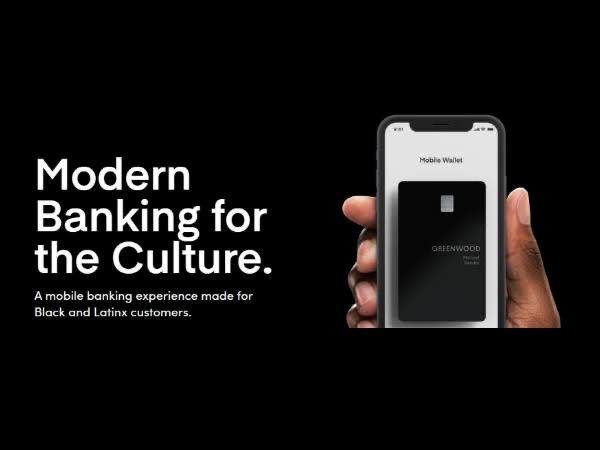Black-Owned Digital Bank Set to Fight Economic Injustice
- Posted on January 22, 2021
- Editors Pick
- By Glory

The 2020 Black Lives Matter protest sparked by the unlawful killing of George Floyd has grown into a nationwide fight against all aspects of racial injustice, especially economic injustice.
Many organizations and celebrities have partnered with one another or taken the sole responsibility of supporting Minority and Black communities in the U.S. The major approach towards this has been supporting minority-owned and black-owned businesses to stay afloat amid the coronavirus pandemic.
Economic injustice against minorities encompasses inability to access capital to grow businesses, banking privileges, inequity in homeownership, and many more.
A bill was introduced last year in Congress by some Senate Democrats. The bill was created to tackle discrimination in the banking industry, making it explicitly illegal for the first time. The bill has been with the Congressional Committee on Banking, Housing, and Urban Affairs for review.
To tackle economic injustice against Black and Brown Americans, a group of Black financial entrepreneurs has teamed up to create banks and financial services for minority and Black communities.
Existing Black-owned banks including CitiFirst Bank, OneUnited, and Broadway Federal Bank amongst others have launched digital components, adding online banking to their services portfolios. While these brick-and-mortar banks operate at physical and online locations, an about-to-be-launched Black-owned banking service has decided to take its operations fully digital.
Greenwood, a fully digital banking service set to launch later this year, is a new digital banking service dedicated to Black and Brown communities – underserved communities. The digital banking service has the backing of several notable Black celebrities and politicians including rapper and activist, Michael Render (aka Killer Mike), and Atlanta Mayor and Congressman Andrew Young, and media executive Ryan Glover.
“So my grandparents believed in the Negro Leagues and Black Banks. They believed in participating in a larger economy, rather. But they always made a particular focus to do things that were specifically by and for Black people,” said Render.
Greenwood’s President and Chief Technology Officer, Aparicio “Reese” Giddins said the digital banking service was founded with the idea of “recirculating” cash into the Black community. After over 20 years of working in the banking industry, Giddins told ABC News that it was his aspiration to start a bank as there has always been an underrepresentation of Blacks in the industry at large.
“I wanted to start a bank out of college… and I entered the banking career field because you don’t see a lot of us in the field,” Giddins said. “One of the things that we’ve seen is that those banks that are in the community have often been left out the community … we’ve seen a kind of a gravitation towards online platforms and mobile banking…”
He added that Greenwood “pays homage” to the Black Wall Street of Tulsa, Oklahoma’s Greenwood District of the 1900s. It was a time when Black homeownership levels were high and dollars recirculated within Black communities.
“When people think of Black Wall Street and when they think of the term ‘Wall Street’ they think of New York City; they think of investment. They think of banking. That’s not what was in Tulsa,” said Hannibal B. Johnson, author of “Images of America: Tulsa’s Historic Greenwood District” and “Black Wall Street: From Riot to Renaissance in Tulsa’s Historic Greenwood District.”
“This was Black Main Street. This was a black enclave created out of necessity because of Jim Crow segregation, where black people concentrated in a 35-square block, maintained proliferation of service providers like doctors, lawyers, dentists, accountants… But most of the businesses were small sort of mom-and-pop type operations … all the kind of business enterprises that you might find in towns across the nation.”
Giddins has announced that although Greenwood is not FDIC-insured, it partners with an FDIC-insured financial institution that will insure up to $250,000 in deposits. For the time being, the digital bank will only offer services to personal accounts, not business accounts.
In addition to its digital banking services, Giddins said Greenwood will donate $10,000 in grants to Black or Latino businesses each month. The aim is to help increase the number of Black and Latino homeowners by providing mortgage loans and education on mortgages.
However, the main purpose of Greenwood is to serve underserved bank customers living in distant areas, “so they’re not dependent upon check cashing places or payday loan lenders.”


Be the first to comment!
You must login to comment